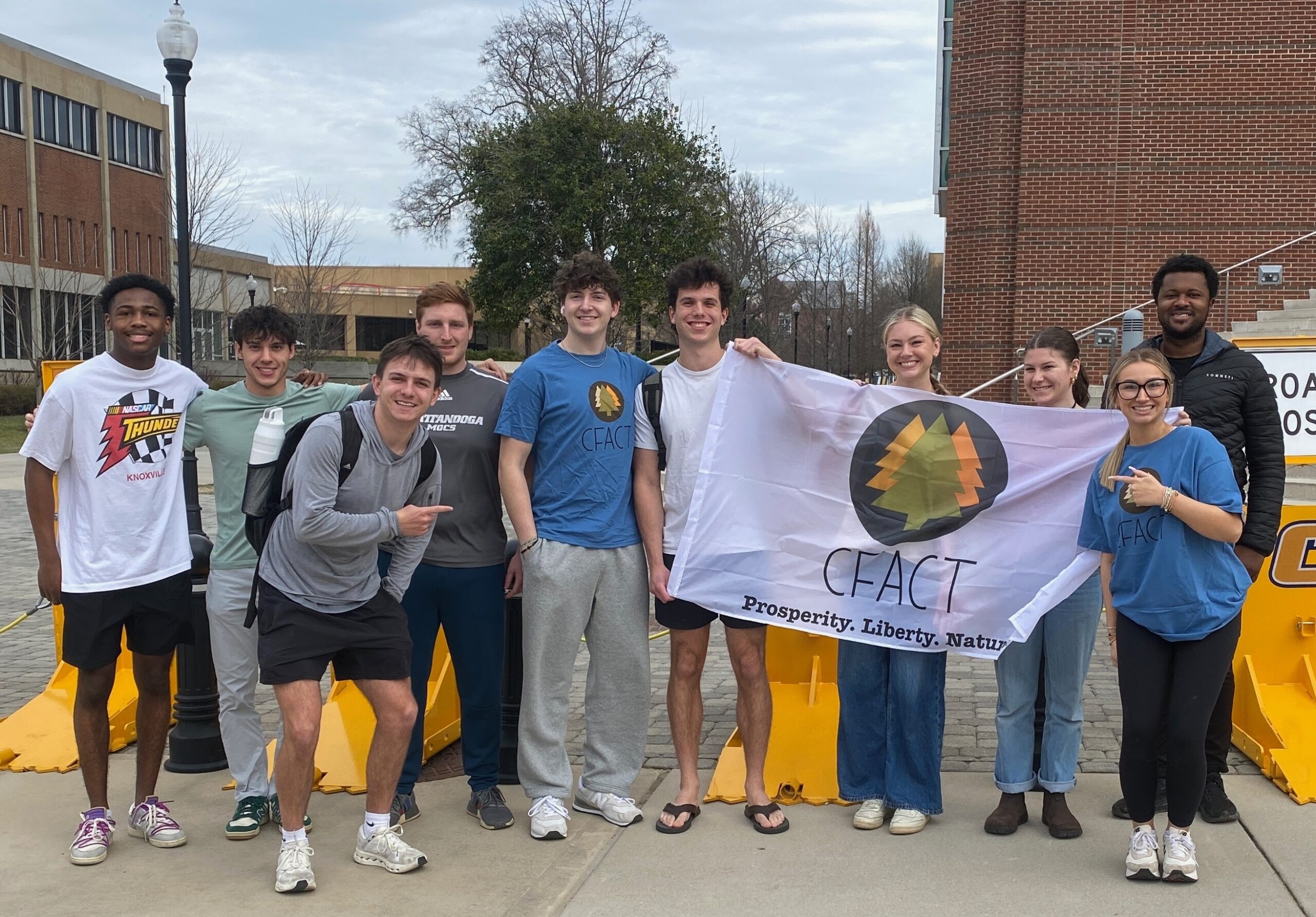CFACT Driessen Fellow Jamahl Evans recently provided public comment to a Bureau of Ocean Energy Management’s (BOEM) proposal to place windmills in the Atlantic off Maryland’s coast. The Old Dominion student and CFACT intern patiently waited for over three hours for his turn to speak as the agency listened to concerned citizens who joined the Zoom meeting.
Once it was time for Jamahl to participate, the CFACT representative resolutely expounded on the numerous problems with the planned project. He sounded off on the potential impact to whales, including the endangered Right Whale whose migratory path would be blocked by these gargantuan structures, which has yet to be adequately studied. Jamahl further explained that recently many similar projects have suffered from economic setbacks. The Driessen Fellow finally touched on the need to consider more reliable sources of power such as nuclear.
CFACT supporters can continue submitting written opposition until the public comment period ends on November 20, 2023. The link for contacting the agency about this matter is https://www.boem.gov/renewable-energy/state-activities/maryland-offshore-wind-draft-eis-virtual-meeting-room
You can read Jamahl’s full testimony below.
“I want to express my opposition to the plan by the Bureau of Ocean Energy Management (BOEM) to expand offshore windmill construction in the Atlantic off the coast of Maryland. There are numerous troubling facts concerning this effort by the administration, including its impact on endangered species, rising costs, and the lack of exploration of alternative sources of energy.
Firstly, these offshore wind projects are likely having a detrimental impact on numerous endangered species, including the North Atlantic Right Whale. Recent reports have highlighted a concerning trend in which numerous whales have been washing up on the shores of New York and New Jersey. While some deny a connection between offshore windmills and this spike in whale deaths, it’s important to note that there is no conclusive evidence either way, as sufficient studies have not been undertaken. Proceeding with such a major construction project without waiting for more detailed studies to be performed raises concerns about the prioritization of big donor profits over environmental protection.
Secondly, globally, offshore windmill projects are facing rising costs, leading to the cancellation of numerous projects. Despite substantial subsidies, inflation has driven up the cost of building these steel towers to such a degree that companies have abandoned projects mid-build. To bail out these failing companies would require major electricity rate increases. This places an undue burden on the average and lower-income families in America, who are already struggling with rising costs of living.
Lastly, BOEM has failed to adequately consider alternative clean sources of energy that can be built in place of these steel monstrosities. Nuclear power, for instance, offers a safe and green alternative with a superior performance and reliability standard, often exceeding 90%, compared to the relatively low 36% for wind energy. Wind energy’s inconsistency due to its weather dependence can lead to energy supply issues, such as brownouts. Moreover, the massive, unrecyclable blades used in wind turbines generate significantly more waste compared to nuclear power.
In conclusion, I urge you to reject the plan to expand offshore wind energy in Maryland waters. The current projects are having adverse effects on wildlife, proving to be financial burdens, and failing to consider alternative energy sources adequately. It is imperative that we prioritize sustainable and responsible energy solutions that do not compromise the environment or burden the American people.
Thank you for your attention.”



